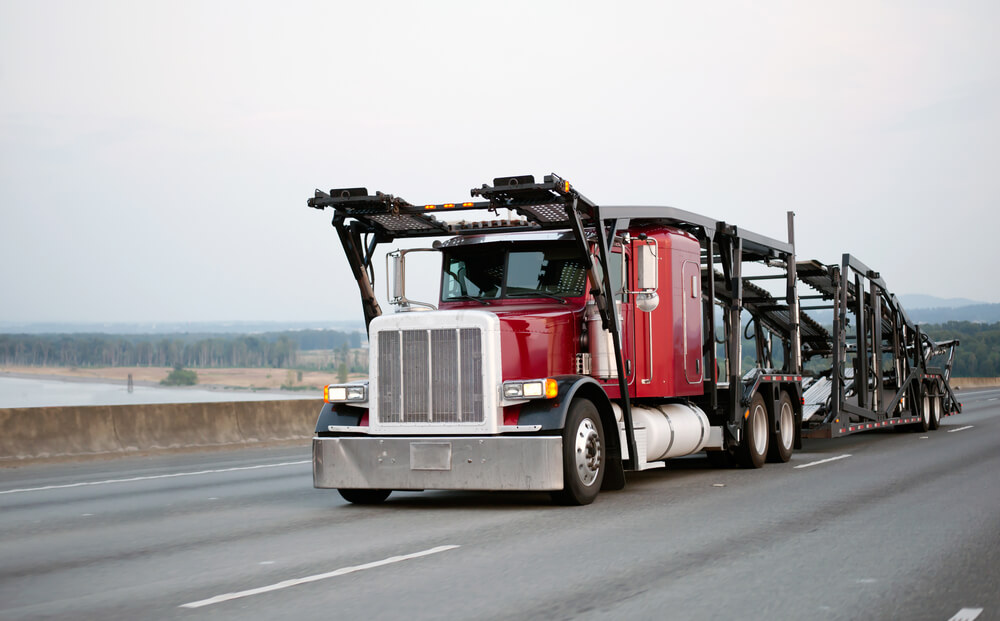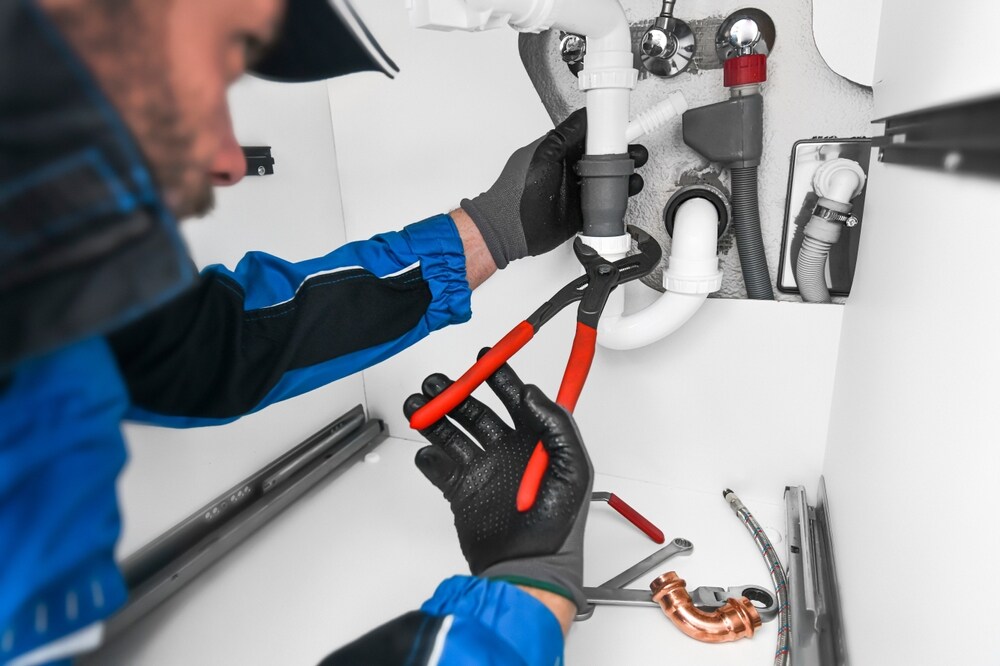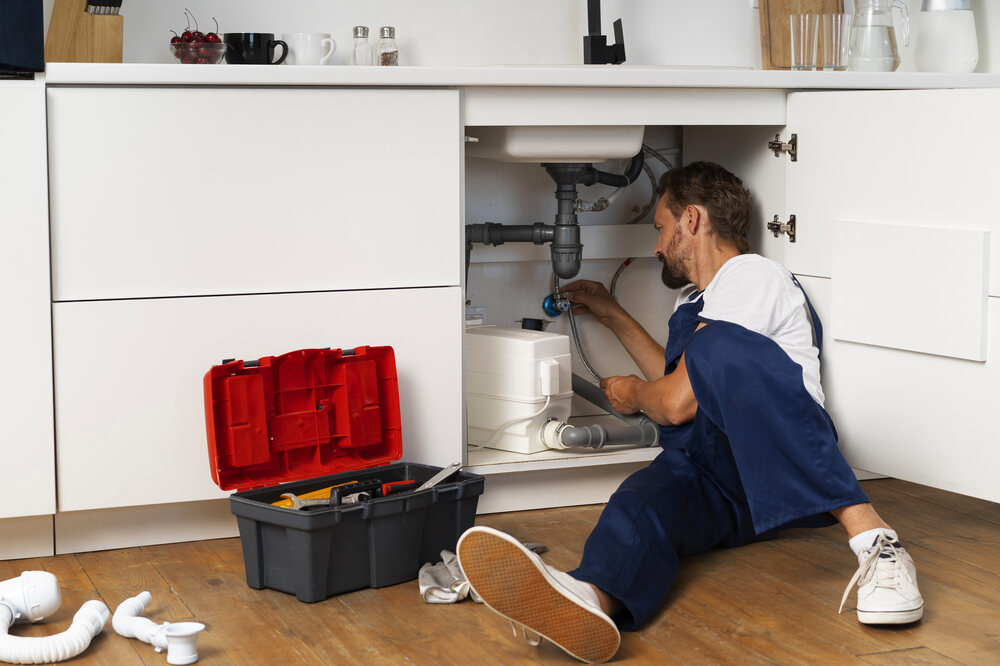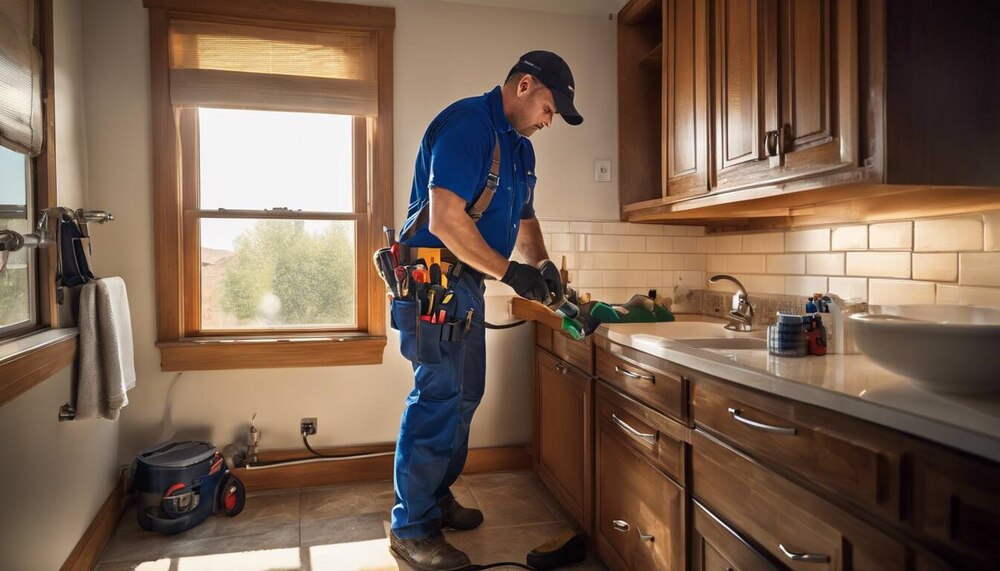Reliable and Efficient Anytime Plumbing Services for Capitola Plumbing Help
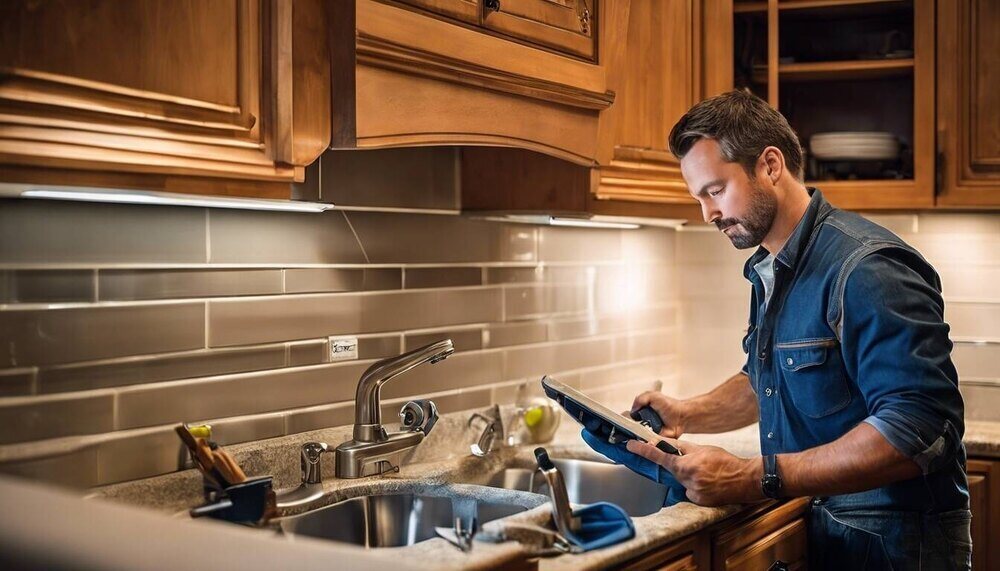
When it comes to maintaining a comfortable and functional home or business, plumbing plays a crucial role. Whether you’re dealing with a minor leak, a clogged drain, or an emergency pipe burst, knowing who to call for Capitola plumbing help can save you a lot of time, money, and stress. That’s where Anytime Plumbing comes in a trusted name in the plumbing industry known for prompt, professional, and affordable service anytime you need it.
Why Choose Anytime Plumbing?
Plumbing issues rarely happen on a convenient schedule. They can occur in the middle of the night, on weekends, or during holidays. Anytime Plumbing understands the urgency that plumbing problems demand and offers 24/7 emergency services to ensure you’re never left stranded without help. Their team of licensed and experienced plumbers is always ready to respond quickly and get your plumbing back in top shape.
But what really sets Anytime Plumbing apart from the competition? Here are a few reasons why residents and businesses in Capitola consistently rely on them:
- Expertise and Experience: Anytime Plumbing boasts a team of skilled professionals who have years of experience handling a wide range of plumbing issues. Whether it’s a residential repair or a commercial installation, their plumbers bring the right knowledge and tools to the job.
- Upfront Pricing: Nobody likes surprise charges. Anytime Plumbing provides transparent, upfront pricing before starting any work. This honest approach has earned them a reputation for fairness and integrity in the community.
- Comprehensive Services: From routine maintenance to complex repairs, Anytime Plumbing offers a full spectrum of plumbing services. These include drain cleaning, water heater repair and installation, sewer line inspections, leak detection, fixture replacements, and much more.
- State-of-the-Art Equipment: To ensure efficient and lasting repairs, Anytime Plumbing invests in modern plumbing technology and equipment. This allows them to diagnose problems accurately and complete jobs faster.

Common Plumbing Problems Anytime Plumbing Can Solve
If you live in Capitola or nearby, Anytime Plumbing is your go-to for fixing plumbing headaches. Here are some of the common problems their team expertly handles:
Leaky Faucets and Pipes
A dripping faucet or leaking pipe isn’t just annoying it can also increase your water bills and cause water damage over time. Anytime Plumbing technicians can quickly identify the source of leaks and provide effective repairs or replacements.
Clogged Drains and Toilets
Slow or clogged drains are a common household nuisance. Anytime Plumbing uses professional-grade tools such as drain snakes and hydro-jetting machines to clear stubborn blockages and restore proper flow.
Water Heater Issues
No one wants to take a cold shower due to a malfunctioning water heater. Whether your water heater is leaking, failing to heat water properly, or needs replacement, Anytime Plumbing offers fast and reliable water heater services.
Sewer Line Repairs
Sewer line problems can cause unpleasant odors, backups, and even health hazards. Anytime Plumbing’s team is equipped to perform thorough sewer inspections and repairs, ensuring your plumbing system runs smoothly.
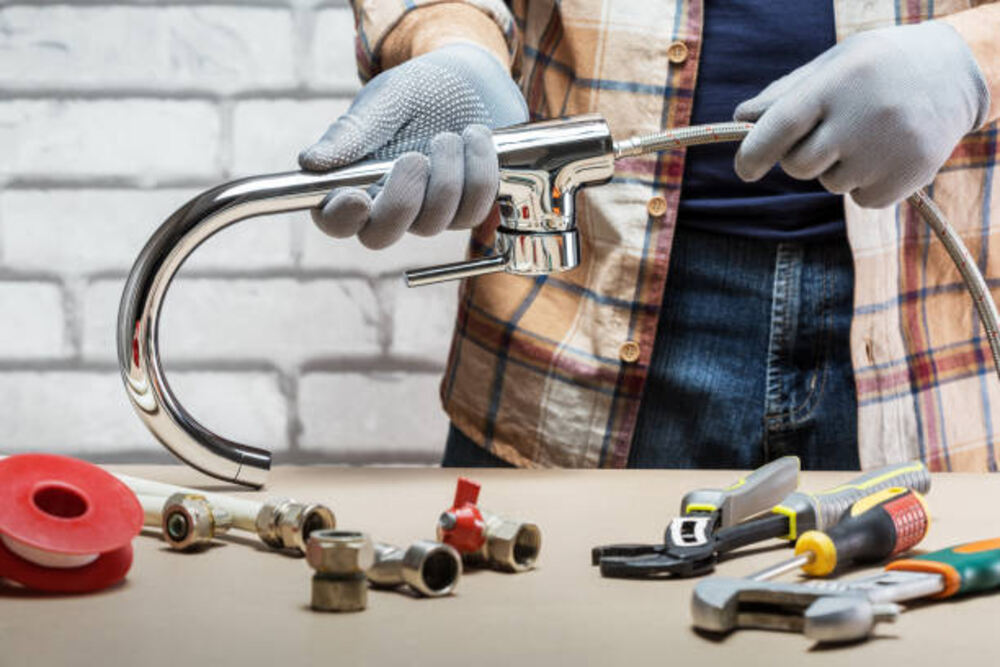
Emergency Plumbing Repairs
Burst pipes, overflowing toilets, or severe leaks require immediate attention. Anytime Plumbing’s emergency response team is available around the clock to prevent further damage and get your system back on track quickly.
Eco-Friendly Plumbing Solutions
In addition to repairing plumbing issues, Anytime Plumbing is dedicated to promoting sustainable and eco-friendly solutions. They can install water-saving fixtures and advise on efficient plumbing practices that reduce water consumption and lower utility bills. This not only benefits your wallet but also helps protect Capitola’s precious natural resources.
Service Areas and Availability
While Anytime Plumbing proudly serves Capitola, their coverage extends to surrounding areas as well. Whether you’re in a small home, large apartment complex, or commercial building, Anytime Plumbing can tailor their services to meet your unique plumbing needs.
How to Contact Anytime Plumbing
If you’re experiencing a plumbing issue or just want to schedule routine maintenance, reaching out to Anytime Plumbing is easy. You can call their hotline for immediate assistance or visit their website to request a quote or schedule an appointment. Their customer service team is friendly and knowledgeable, ready to help you understand your options and next steps.
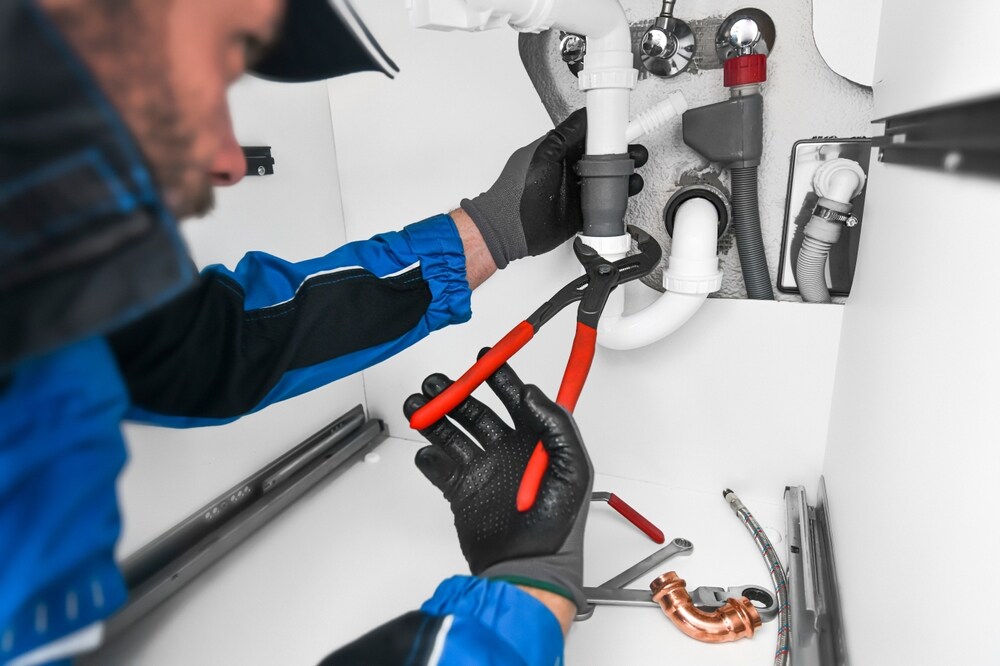
Conclusion
When plumbing problems arise, don’t wait around or try to fix things yourself especially if you want the job done right the first time. For Capitola plumbing help, Anytime Plumbing stands out as a reliable, efficient, and professional service provider. With their expert team, transparent pricing, and round-the-clock availability, you can trust Anytime Plumbing to keep your home or business running smoothly no matter what plumbing challenges come your way.












